Trump Targets Russian Oil Giants in Fresh Sanctions Push Over Ukraine Stalemate
- by Editor
- Oct 23, 2025
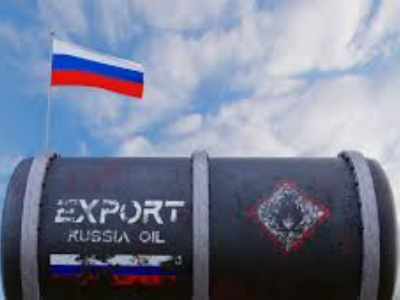
Credit:
U.S. President Donald Trump has imposed sweeping sanctions on Russia’s top oil producers, Rosneft and Lukoil, in a bid to rack up pressure on Moscow amid stalled peace efforts over the war in Ukraine.
The move, announced late Tuesday, marks the first major Russia-related penalty of Trump’s second term and signals a renewed transatlantic push to squeeze the Kremlin’s war financing.
The U.S. Treasury Department unveiled the sanctions targeting Rosneft—headed by Putin confidant Igor Sechin—and privately held Lukoil, along with dozens of subsidiaries. Treasury Secretary Scott Bessent said the action responds to Russia’s “lack of serious commitment to a peace process,” aiming to disrupt oil revenues that have sustained its economy since the 2022 invasion.
Speaking from the Oval Office alongside NATO Secretary-General Mark Rutte, Trump expressed frustration with direct outreach to Russian President Vladimir Putin. “Every time I speak with Vladimir, I have good conversations, and then they don’t go anywhere,” he said. A planned summit in Budapest was scrapped, though Trump left the door open for future dialogue. “Hopefully he’ll become reasonable... and hopefully Zelenskyy will be reasonable too. It takes two to tango,” he added, referencing a recent tense meeting with Ukrainian President Volodymyr Zelenskyy.
Markets reacted swiftly. Brent crude surged over 3% to nearly $75 a barrel, its sharpest daily gain in weeks, as traders braced for supply disruptions. India, Russia’s largest oil customer, signaled a shift—state refiners began reviewing purchases, and Reliance Industries announced cuts in line with government guidance. While analysts like Rystad Energy’s Claudio Galimberti warned previous sanctions had limited impact on Russian output, others, including Priyanka Sachdeva of Phillip Nova, predicted rising demand for U.S. crude in Asia.
Across Europe, the EU approved its 19th sanctions package early Wednesday after Slovakia lifted a veto. The new measures target Russia’s “shadow fleet” of tankers, liquefied natural gas imports, crypto firms, and entities in China and India. Danish Foreign Minister Lars Løkke Rasmussen called it “a good day for Europe and Ukraine,” while EU foreign policy chief Kaja Kallas confirmed additional restrictions on Russian diplomats.
EU leaders convened in Brussels for a summit with Zelenskyy, debating the use of $300 billion in frozen Russian assets—mostly held in Belgium—to fund Ukraine’s defense and reconstruction. Belgian Prime Minister Bart De Wever urged caution, warning that unilateral action could provoke targeted retaliation: “If not, Russian retaliation might only hit Belgium, and that’s not very fair.”
Rutte, fresh from a Zelenskyy meeting in Sweden where a Gripen jet deal advanced, praised Trump’s “tremendous success” in Middle East diplomacy and emphasized NATO unity. While no formal Ukraine roadmap emerged, Rutte echoed Trump’s suggestion of a frontline freeze as a potential starting point.
As fighting continues—Russian drones striking Kyiv and Ukrainian forces targeting Donetsk—the sanctions reflect a coordinated effort to pressure Moscow economically. The Kremlin dismissed the measures as ineffective and warned of global energy instability.

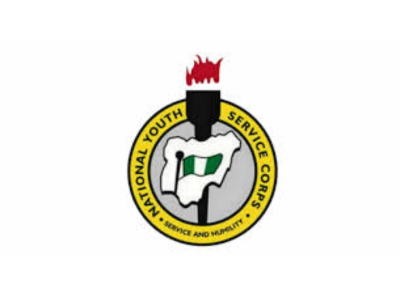
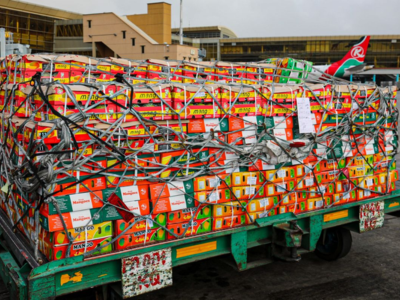
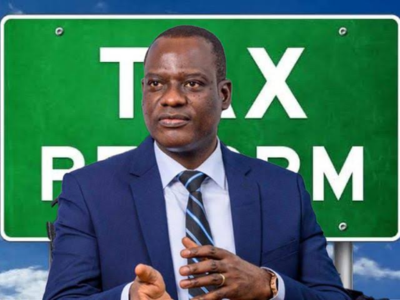
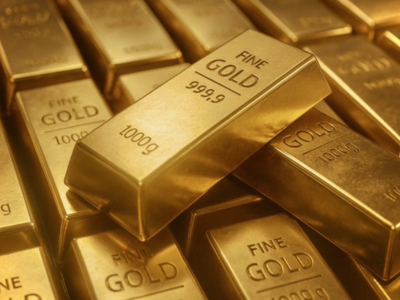
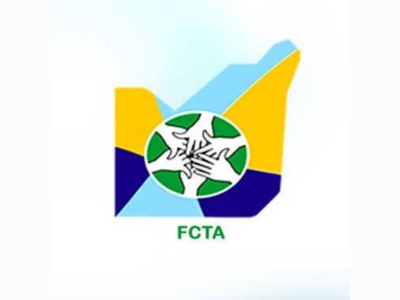
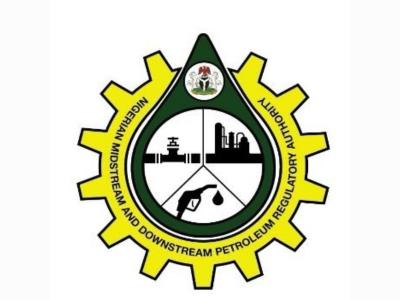
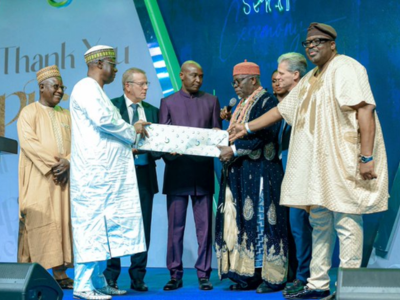
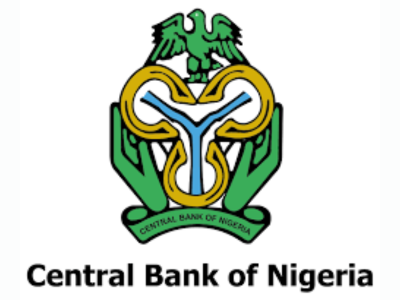




0 Comment(s)